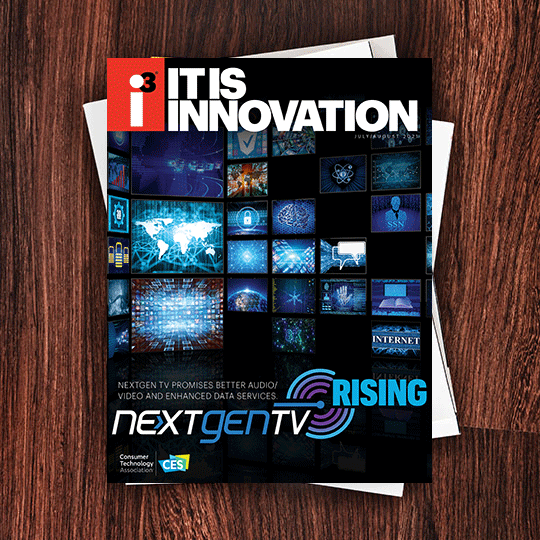The USMCA partners are the ideal allies to advance the U.S. nearshoring and onshoring efforts.
In July 2021, the Biden Administration published the 100-day review of the relevant actions and policies needed to make more resilient critical supply chains, which covers strategic sectors like semiconductors, large capacity batteries, pharmaceuticals and critical minerals. Mexico welcomes the U.S. willingness to work with allies to strengthen supply chains and we are convinced that building resilience from a regional perspective would boost economic recovery, create jobs and make North American products more competitive globally.
The semiconductor supply chain disruptions caused by the economic downturn, forced production shutdowns in companies across the electronic and automotive sectors and exposed the high concentration of strategic segments of the supply chain. Currently, Mexico supplies some of the key components for the manufacture of semiconductors to the U.S., such as 21% of the total U.S. imports of capacitors and resistors, as well as 30% of all electronic connectors imports, but in order to achieve resilience, the North American partners need to work together to promote further integration in critical high-tech sectors such as the semiconductor industry.
Although North America participates in the semiconductor supply chain, the more complex and capital-intensive segments are concentrated in Asia. This makes the U.S. dependent and therefore less resilient. For example, in 2020, 63% of all U.S. imports of semiconductors and related devices, as well as 73% of printed circuits imports came from Asia, though, this opens a window of opportunity for North America to attract and generate new investments and create jobs.
The numbers above illustrate where we can deepen our North American ties and find opportunity for growth in regional markets. This opens opportunities for North America to attract and generate new investments and create jobs. To prevent future disruption to the supply chain, we should avoid excessive dependence on a single market, and rather seek to ensure availability within the region. North America shares a common production platform built through more than 27 years of integration. The USMCA partners are the ideal allies to advance the U.S.’ nearshoring and onshoring efforts.
To learn more about Mexico’s technology sector and supply capabilities, please visit: trade.gov/usmca.
Cesar Remis is the head of Mexico's Office for the Implementation of the USMCA.

I3, the flagship magazine from the Consumer Technology Association (CTA)®, focuses on innovation in technology, policy and business as well as the entrepreneurs, industry leaders and startups that grow the consumer technology industry. Subscriptions to i3 are available free to qualified participants in the consumer electronics industry.